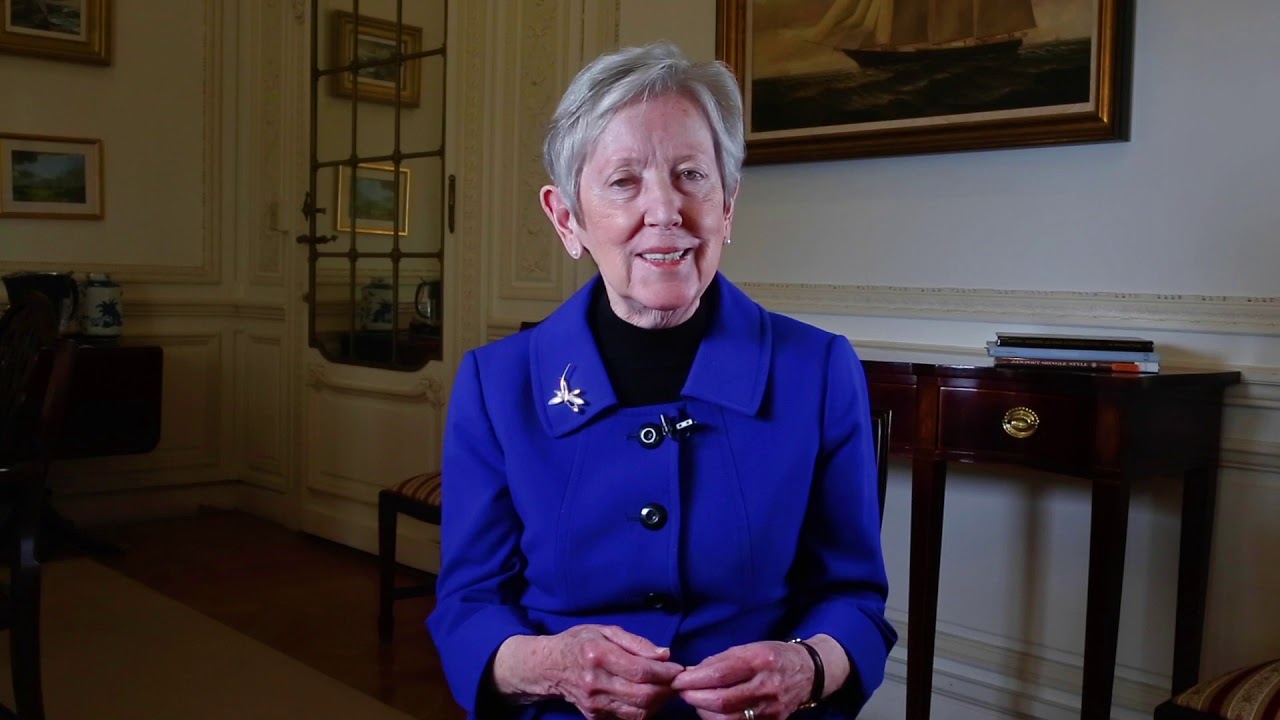Introduction to Rhode Island’s religion demographics
Rhode Island, the smallest state in the United States, is known for its rich history, diverse culture, and religious pluralism. The state is home to people from various religious backgrounds, creating a vibrant tapestry of faiths. This article explores the religious demographics of Rhode Island, shedding light on its historical roots and the influence of different religions on the state’s development.
Historical overview of religious diversity in Rhode Island
Rhode Island has a long-standing tradition of religious diversity, which can be traced back to its founding in the 17th century. The state was established by Roger Williams, a religious dissenter, who sought freedom of worship for all. This spirit of religious tolerance attracted settlers from different denominations, creating a foundation for a diverse religious landscape.
Influence of Puritanism on early religious landscape
During the early years of Rhode Island’s settlement, the influence of Puritanism was notable. Many immigrants, mainly from England, were Puritans seeking religious freedom. However, the prevailing climate of religious tolerance in Rhode Island allowed for the coexistence of various religious groups, leading to a more diverse religious landscape than in neighboring colonies.
The emergence and spread of Catholicism in Rhode Island
Catholicism began to take root in Rhode Island during the 19th century, primarily through Irish and Italian immigration. The establishment of Catholic churches and schools further solidified the faith’s presence in the state. Today, Catholicism remains one of the largest religious groups in Rhode Island, with a significant influence on the social and cultural fabric of the state.
Exploring the Protestant presence in Rhode Island
Protestantism has a long-standing presence in Rhode Island, with various denominations represented. Episcopalians, Baptists, Congregationalists, and Methodists are among the prominent Protestant groups in the state. These religious communities have played a significant role in shaping the state’s religious and social landscape.
The rise of Judaism and its impact on Rhode Island
Rhode Island has a thriving Jewish community, which dates back to the colonial era. Jewish settlers, primarily Sephardic Jews, found refuge in Rhode Island, where they were able to practice their faith freely. Today, Judaism remains an integral part of Rhode Island’s religious tapestry, with synagogues, Jewish schools, and cultural organizations contributing to the state’s diversity.
Islam in Rhode Island: A growing faith community
The Muslim community in Rhode Island has experienced significant growth in recent years. Mosques and Islamic centers have emerged, serving as places of worship and community engagement. Rhode Island’s Muslim community is ethnically diverse, representing various backgrounds and contributing to the state’s religious landscape.
Exploring the smaller religious groups in Rhode Island
In addition to the more prominent religious groups, Rhode Island is home to a variety of smaller religious communities. These include Christian denominations such as Orthodox Christianity, Jehovah’s Witnesses, and Seventh-day Adventists. Additionally, there are smaller communities of Bahá’ís, Sikhs, and others, each adding their unique perspectives to the state’s religious mosaic.
Rhode Island’s vibrant Buddhist and Hindu communities
Rhode Island is also home to thriving Buddhist and Hindu communities. Buddhist temples, meditation centers, and Hindu temples have become important hubs for religious practice and cultural events. The presence of these communities contributes to the state’s religious diversity and enriches the wider society with their teachings and practices.
The influence of secularism on religious affiliation in RI
While religious diversity is significant in Rhode Island, the influence of secularism cannot be overlooked. A growing number of individuals identify as non-religious or have no specific religious affiliation. This trend reflects a nationwide shift towards secularism and indicates a changing religious landscape in the state.
Interfaith dialogue and cooperation in Rhode Island
Rhode Island has fostered a sense of interfaith dialogue and cooperation among different religious communities. Various interfaith organizations and initiatives promote understanding, tolerance, and cooperation among different faith groups. These efforts help strengthen the bonds within the religious landscape of Rhode Island and create a more inclusive and harmonious society.
Conclusion: Understanding the religious tapestry of Rhode Island
Rhode Island’s religious demographics reflect its unique history and commitment to religious freedom. The state’s religious landscape is characterized by a diverse range of faiths, including Christianity, Judaism, Islam, Buddhism, Hinduism, and various Protestant denominations. This richness of religious diversity has contributed to the social, cultural, and intellectual fabric of Rhode Island, making it a dynamic and inclusive state.





